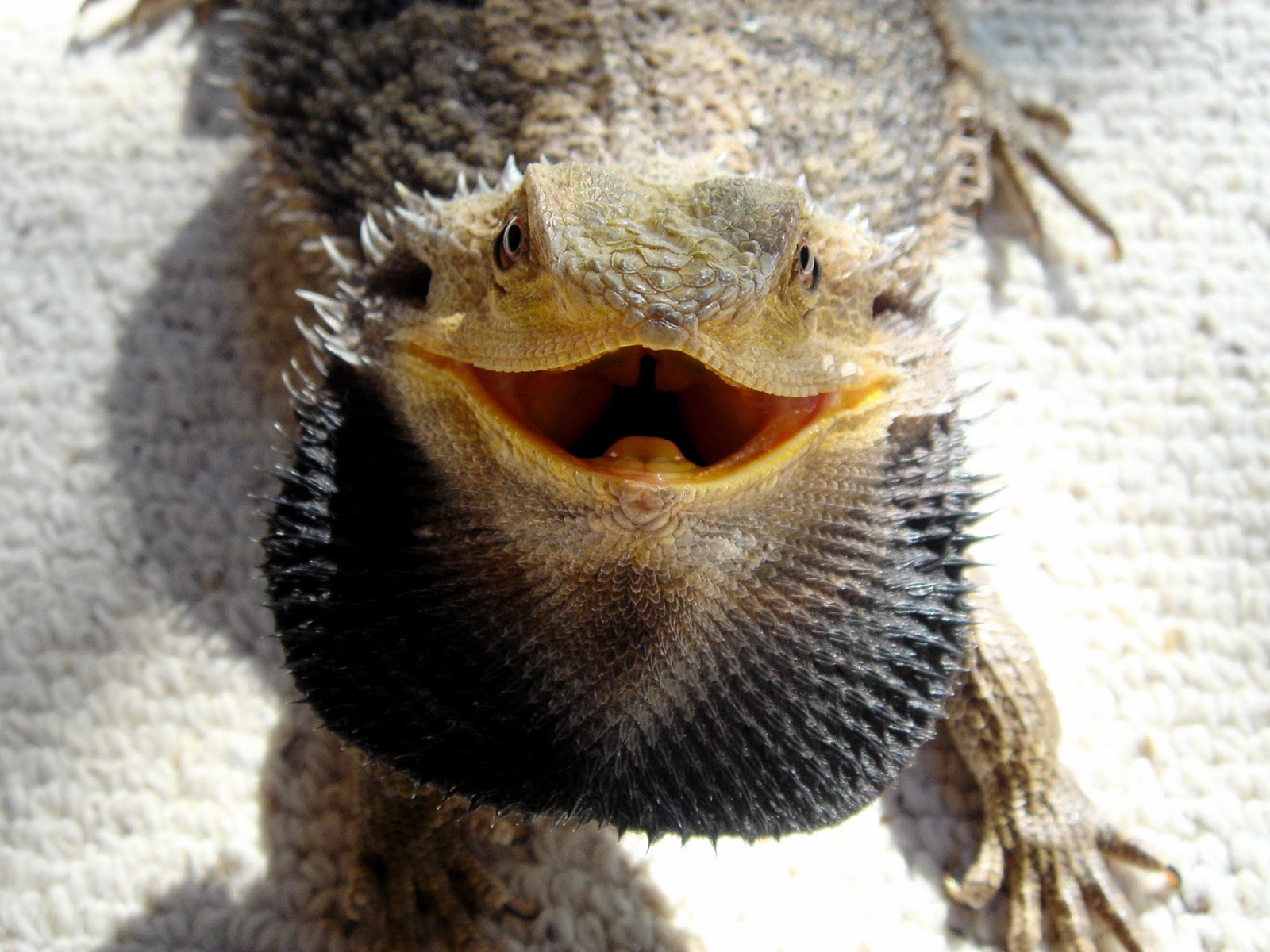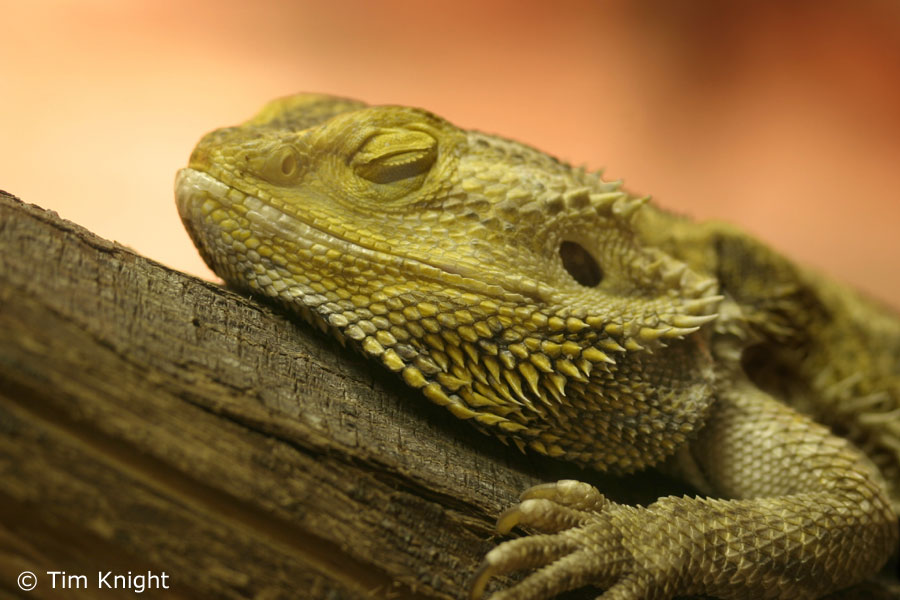Bearded Dragon Winter: Tips on How to Keep Your Pet Safe and Healthy
Bearded Dragon Winter: Tips on How to Keep Your Pet Safe and Healthy

Bearded dragons are fascinating creatures that make wonderful pets. However, they require special care and attention, especially during the winter months. As the temperature drops, bearded dragons can become sluggish, inactive, and prone to illness. This is why it is important to take extra precautions to keep your bearded dragon safe and healthy during the winter.
Understanding Bearded Dragons and Winter
Bearded dragons are native to the hot and dry regions of Australia, where they bask in the sun all day long. In captivity, they require a warm and dry environment to thrive. During the winter, the temperature and humidity levels can drop dramatically, which can lead to health problems for your pet.
Temperature and Lighting
Bearded dragons are cold-blooded animals, which means that they rely on external sources of heat to regulate their body temperature. During the winter, it is important to ensure that your bearded dragon has access to a warm and sunny spot. You can achieve this by providing a basking lamp or a heat mat in their enclosure.
You should also make sure that the temperature in their enclosure remains stable, with a range between 75-85°F during the day and 65-75°F at night. This can be achieved by using a thermostat or a thermometer to monitor the temperature.
In addition to temperature, bearded dragons also require specific lighting to stay healthy. During the winter, the days are shorter, which can reduce the amount of natural light your pet receives. You should provide a UVB light source for at least 12 hours a day to ensure that your bearded dragon gets the right amount of light and heat for proper digestion, bone health, and immunity.
Humidity and Hydration
Another factor that can affect the health of your bearded dragon during winter is humidity. In cold weather, the air tends to be dry, which can cause dehydration and respiratory issues for your pet. You can increase the humidity level in their enclosure by adding a water dish or a humidifier.

It is also important to make sure that your bearded dragon is drinking enough water. During the winter, they may drink less water than usual, which can lead to dehydration. You can encourage your pet to drink by providing fresh water in a shallow dish, misting their enclosure, or offering water-rich foods such as fruits and vegetables.
Diet and Exercise
Proper nutrition and exercise are essential for keeping your bearded dragon healthy and happy during the winter. You should make sure that their diet consists of a balanced mix of proteins, vegetables, and fruits. You should also limit the number of treats and fatty foods as they can lead to obesity and other health problems.

In addition to diet, you should also provide opportunities for exercise and mental stimulation. You can create an outdoor play area or provide toys and climbing structures in their enclosure. This will help your bearded dragon to stay active and engaged, which can improve their overall well-being.
Final Thoughts
With proper care and attention, you can ensure that your bearded dragon stays safe and healthy during the winter months. Remember to monitor the temperature and lighting in their enclosure, provide adequate hydration and nutrition, and offer opportunities for exercise and mental stimulation.

By following these tips, you can keep your bearded dragon happy and healthy all year round. They are amazing pets that are sure to bring joy and companionship to your life.
